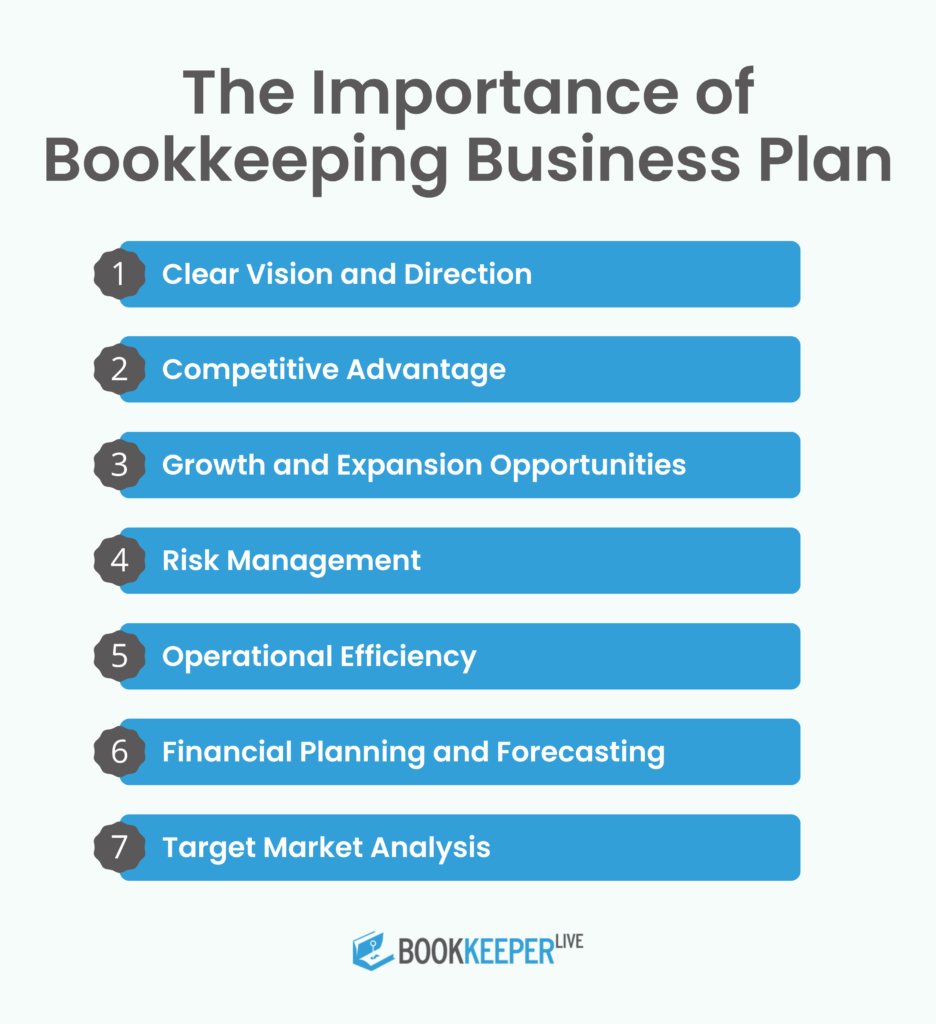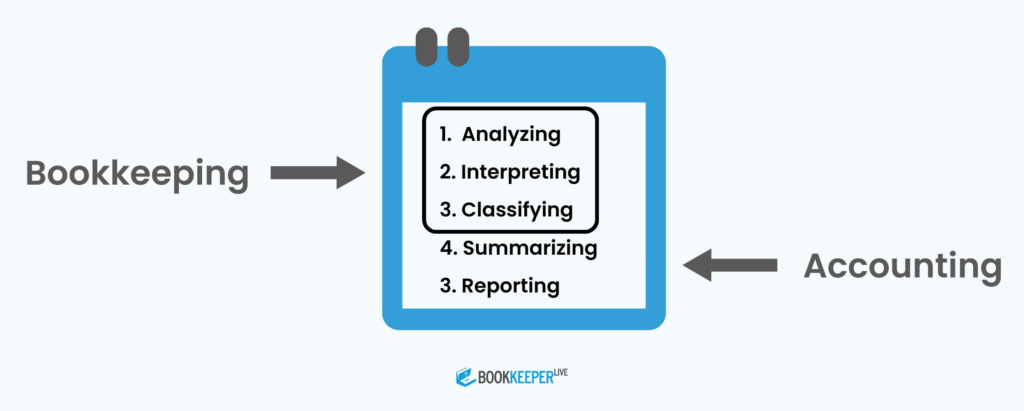
Running a business involves numerous responsibilities, but some of the most critical ones include accurate financial records. Proper bookkeeping is important to help your business succeed and grow. However, mistakes in your bookkeeping can lead to very adverse consequences that affect your company's financial health, tax obligations, and the overall operations. In this blog, we are going to see what could go wrong if you do your business bookkeeping wrong and how those errors might impact your business in the long run.
The practice of documenting and arranging a company's financial transactions is known as bookkeeping. It involves keeping track of all expenses, paying bills, sending invoices to customers, and making sure payments are deposited into the bank. It also includes organizing receipts and categorizing spending. Having accurate and up-to-date financial records is essential for running a successful business. These records serve as the foundation for all financial reports and help business owners make informed decisions. Good bookkeeping helps with budgeting and planning. It also provides useful information for accountants, managers, investors, and lenders to evaluate the business. On the other hand, poor bookkeeping can lead to bad decisions and negative results for the business.

Poor bookkeeping led to inaccurate financial reporting, which is the biggest outcome. Balance sheets, income statements, and cash flow statements make up vital tools in understanding the performance of your business.
Filing tax is one of the most serious respects of business bookkeeping. Without proper accounting books, one is likely to file taxes incorrectly; thus, grave legal consequences may occur.
Proper management of cash flow is a survival necessity for any business. Without proper bookkeeping, you would not be able to view your cash flow clearly and issues arise that can hurt your ability to pay your suppliers, employees, or service loans.
Your company's reputation is essential to its success. When clients, suppliers, or investors find out that your books are not accurate or that you’re failing to pay bills on time, it can damage your reputation in the marketplace.
For most businesses, financing or securing loans is something that is to conduct operations or expand in the business sector. And if your bookkeeping fails to put records straight before lenders or any investor, it goes hard to get an accurate perception of your firm's overall financial health.
When your bookkeeping is wrong, you may lose valuable tax deductions or credits that could lower your overall tax liability.
Bookkeeping can have direct implications on the payroll process and result in dissatisfaction and potential legal cases against the employees.
Proper bookkeeping not only helps you with day-to-day operations but also with long-term planning. Without proper financial records, your business may lack the insights necessary to plan.
Managing a business is all about juggling multiple responsibilities. Poor bookkeeping can cause unnecessary stress and waste valuable time trying to sort out financial discrepancies.

Outsourcing your bookkeeping can be an excellent way to keep your financial records accurate and organized, helping you avoid common bookkeeping mistakes. Instead of hiring and training an in-house bookkeeping team, outsourcing can save your business time and money.
When you outsource, you gain access to experienced professionals who understand financial management, allowing you to focus on growing your business. This approach not only reduces overhead costs but also ensures that your books are handled with expertise, leaving you with peace of mind and more time to concentrate on core business operations.
Incorrect bookkeeping can bring many problems in your business. Such adverse effects of these situations may include even cash flow problems and reputational damage along with legal risks and issues concerning taxes. In any case, strong bookkeeping practice along with professional support would prevent the mishaps. This would be through reviewing your financial statements regularly, keeping updated on tax laws, and using reliable accounting software that would help you ensure the accuracy of your books and maintain a financially healthy and legally compliant business.
Bookkeeping is something that you should take seriously in order to protect your business from such risks but also put you on the road to long-term success and growth.
1. Can I face legal penalties for bookkeeping errors?
Yes, mistakes in tax filings or payroll records can lead to IRS penalties, interest charges, or even legal action in severe cases. Accurate record-keeping helps ensure compliance.
2. What should I do if I discover a bookkeeping mistake?
Immediately correct the error in your books, document the change, and notify relevant stakeholders if needed (e.g., the IRS for tax-related mistakes). Consult with a professional accountant if the issue is complex.
3. How can bookkeeping mistakes affect my taxes?
Errors can result in overpayment, underpayment, or missed deductions, potentially triggering IRS audits or penalties. Properly managed books ensure accurate tax filings and minimize risks.
4. Is it better to hire a professional bookkeeper to avoid errors?
Yes, professional bookkeepers have the expertise to manage your accounts accurately, ensuring compliance with tax laws and saving you time and stress.
5. Do I need to notify the IRS about bookkeeping corrections?
If the corrections affect previously filed tax returns, you may need to file an amended return. Consult with a tax professional to determine the proper course of action.
BookkeeperLive provides affordable bookkeeping and accounting services tailored to your business goals.





No calls, No meetings, No spam. Get started with a free trial by filling out the form.
*NDA included for your data protection.
Copyright © 2025 BookkeeperLive. All rights reserved. Privacy Policy Terms of Use
Please visit our India site to see services designed for your country
Enter the code, fill out the form, and unlock financial clarity with a free trial.